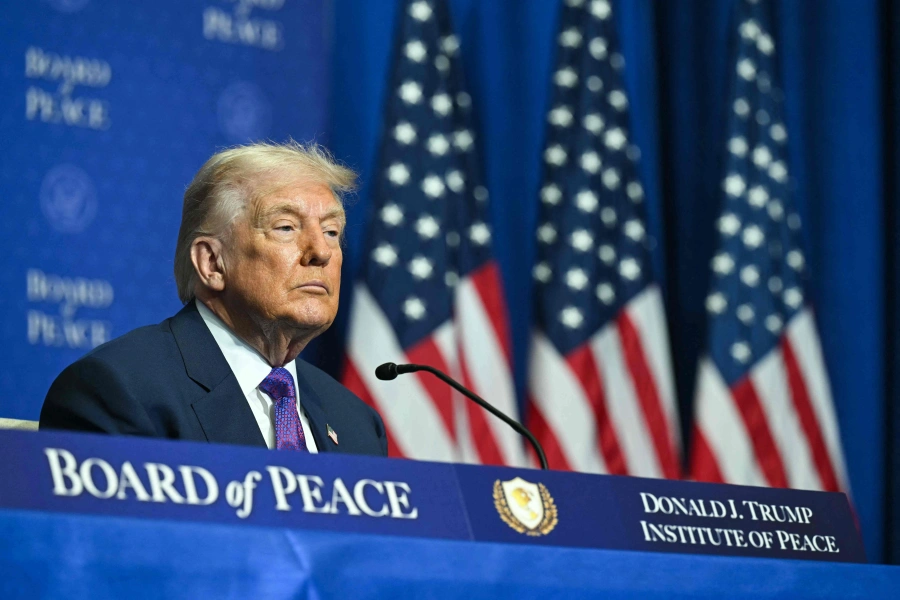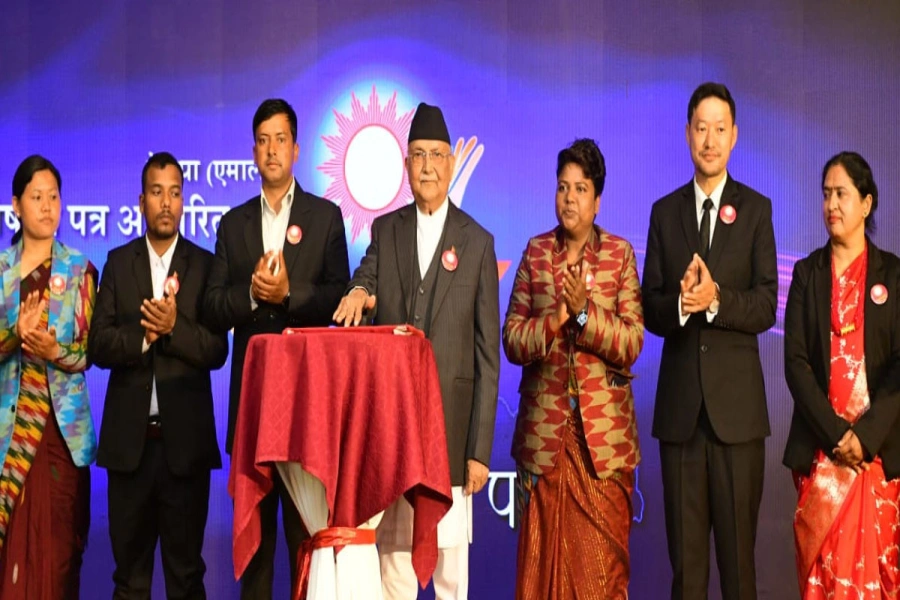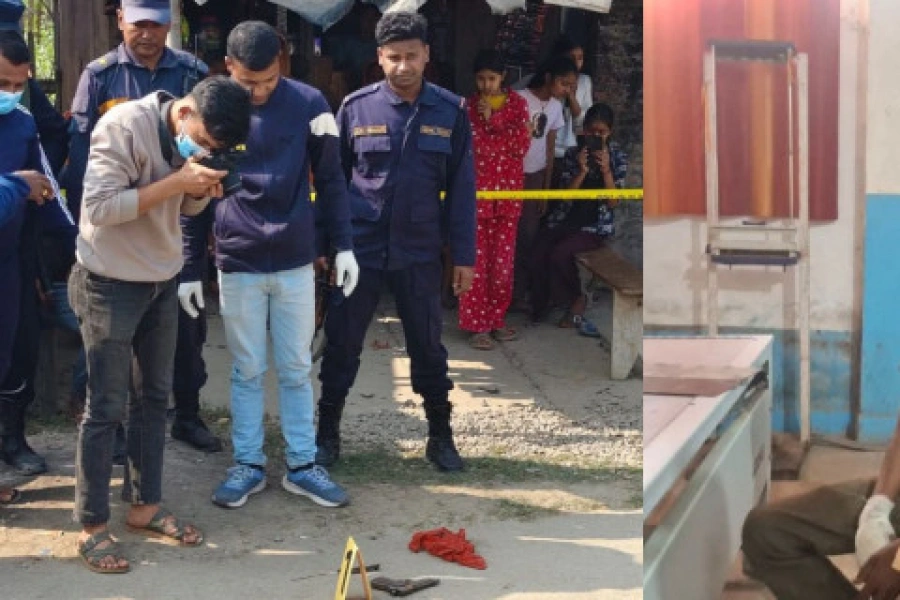MANILA, Jan 27: Two bombs exploded outside a Roman Catholic cathedral on a southern Philippine island where Muslim militants are active, killing at least 19 people and wounding nearly 50 during a Sunday Mass, officials said.
The first bomb went off in or near the Jolo cathedral in the provincial capital, followed by a second blast outside the compound as government forces were responding to the attack, security officials said.
Philippine National Police chief Oscar Albayalde said that at least 19 people died and 48 were wounded. Police and military reports said the casualties included both troops and civilians.
Photos on social media showed debris and bodies lying on a busy street outside the Cathedral of Our Lady of Mount Carmel, which has been hit by bombs in the past. Troops in armored carriers sealed off the main road leading to the church while vehicles were transporting the dead and wounded to the hospital. Some casualties were evacuated by air to nearby Zamboanga city.
27 dead as bombs hit cathedral in Philippines during Mass

“I have directed our troops to heighten their alert level, secure all places of worships and public places at once, and initiate pro-active security measures to thwart hostile plans,” said Defense Secretary Delfin Lorenzana in a statement.
Jolo island has long been troubled by the presence of Abu Sayyaf militants, who are blacklisted by the United States and the Philippines as a terrorist organization because of years of bombings, kidnappings and beheadings.
No one has immediately claimed responsibility for the attack.
It came nearly a week after minority Muslims in the predominantly Roman Catholic nation endorsed a new autonomous region in the southern Philippines in hopes of ending nearly five decades of a separatist rebellion that has left 150,000 people dead. Although most of the Muslim areas approved the autonomy deal, voters in Sulu province, where Jolo is located, rejected it. The province is home to a rival rebel faction that’s opposed to the deal as well as smaller militant cells that not part of any peace process.
Western governments have welcomed the autonomy pact. They worry that small numbers of Islamic State-linked militants from the Middle East and Southeast Asia could forge an alliance with Filipino insurgents and turn the south into a breeding ground for extremists.
Security officials were looking “at different threat groups and they still can’t say if this has something to do with the just concluded plebiscite,” Albayalde told ABS-CBN TV network.
Aside from the small but brutal Abu Sayyaf group, other militant groups in Sulu include a small band of young jihadis aligned with the Islamic State group, which has also carried out assaults, including ransom kidnappings and beheadings.
Abu Sayyaf militants are still holding at least five hostages — a Dutch national, two Malaysians, an Indonesian and a Filipino — in their jungle bases mostly near Sulu’s Patikul town, not far from Jolo.
Government forces have pressed on sporadic offensives to crush the militants, including those in Jolo, a poverty-wracked island of more than 700,000 people. A few thousand Catholics live mostly in the capital of Jolo.
The cathedral is located in Jolo town center in front of a square and near a budget hotel, a bank and commercial stores as well as a public market.





































